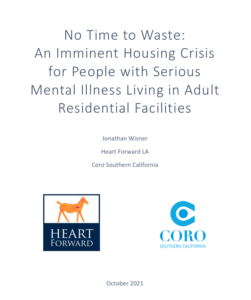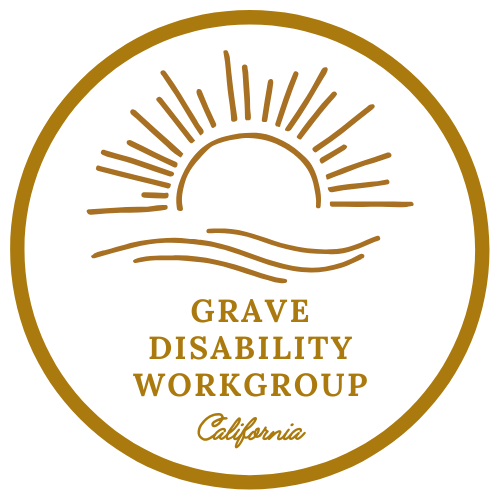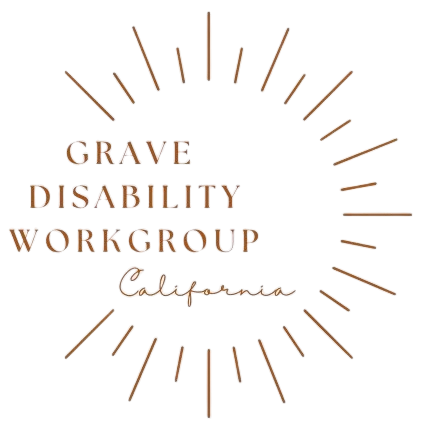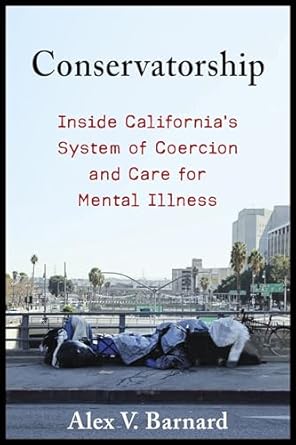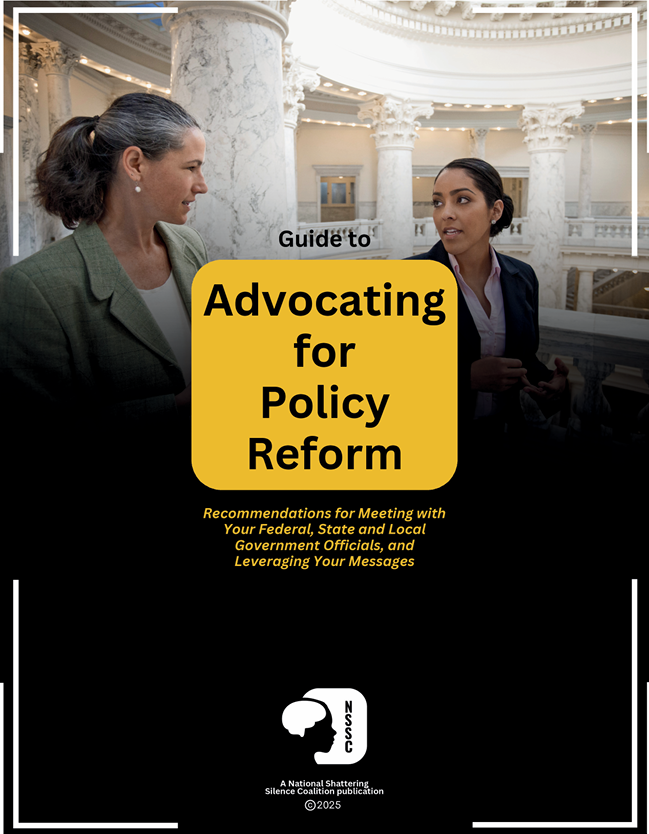Resources for Severe Mental Illness Care | Grave Disability Workgroup
Why Doesn’t California Follow the Law in Caring for Those with Severe Mental Illness?
The state of California does not consistently follow the legal definition of Grave Disability (GD) as outlined in the Lanterman-Petris-Short (LPS) Act. Under current law, a person is considered gravely disabled if, due to a mental disorder or alcohol use disorder, they are unable to provide for their basic needs—food, clothing, or shelter. Beginning in 2026, this definition will expand to include individuals with substance use disorders and will add an additional criterion: the inability to provide safety or care for a medical illness.
Despite these updates, California continues to fall short in effectively caring for its most severely mentally ill residents. Several key factors contribute to this failure:
- Inadequate Funding for Congregate and Involuntary Care
There are not enough dedicated or “earmarked” funds to provide long-term, structured living options for people who meet the criteria for grave disability. Historically, the funding allocated to county Behavioral Health departments has been directed primarily toward voluntary services, leaving major gaps in care for those who require involuntary or intensive treatment. - Cultural Resistance Rooted in Civil Liberties
California has a deeply rooted culture that prioritizescivil liberties, often interpreting involuntary or congregate care as an infringement on personal freedom. This perspective has created a widespread belief that such care should be a last resort—used only in extreme circumstances. However, this mindset can prevent families and communities from getting their loved ones the medical and supportive care they truly need. To move forward, the culture must evolve to recognize that providing appropriate, compassionate care—what we call “Housing that Heals”—is not punitive, but restorative. - Lack of Oversight and Accountability in Implementation
Although California has taken positive legislative steps throughSenate Bill 43 (SB43), Proposition 1, and the CARE Court system, there remains a major problem: each county operates independently. There is no unified state-level oversight ensuring that these programs are implemented consistently and correctly. Even judges interpret and apply CARE Court guidelines differently, leading to confusion, uneven enforcement, and administrative inefficiency. The result is tragic—many individuals with severe mental illness fall through the cracks, ending up on the streets, in jails, or dying without adequate care.
Resources

No One Cares Film

Housing That Heals: A Search for a Place Like Home for Families Like Ours
